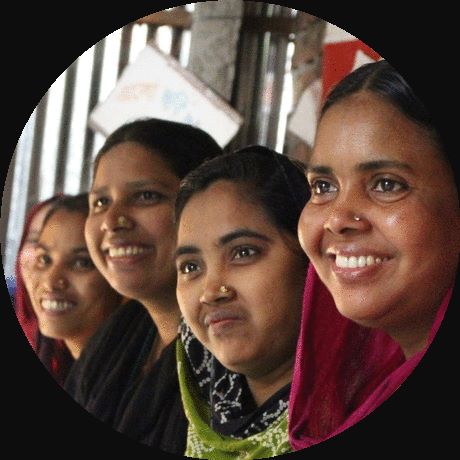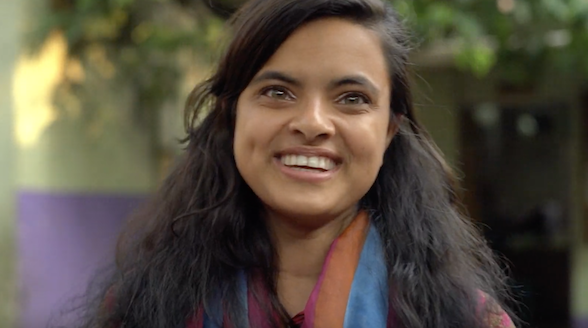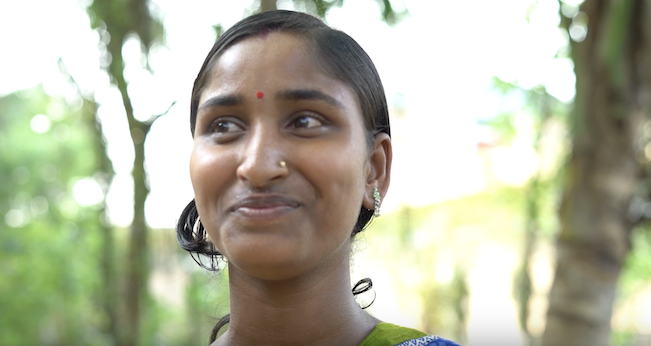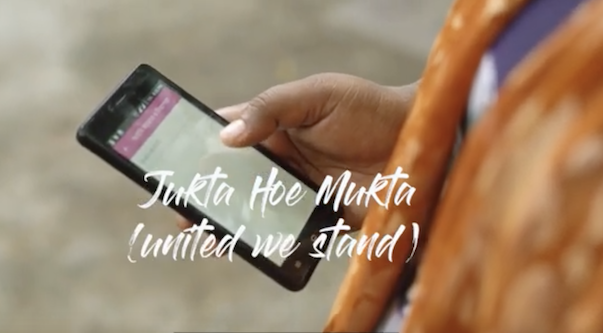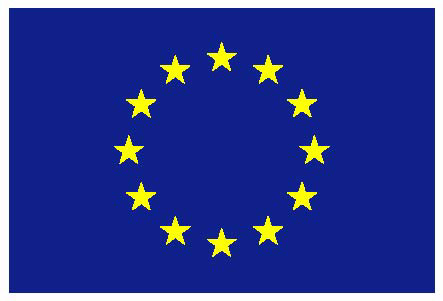
This project is funded by
the European Union

Jukta Hoe Mukta / United We Stand
Potential and already migrant adolescent girls and young women from marginalized communities and slums make informed choices (social, economic and professional) regarding migration and work in the RMG sector and experience safe, secure and enabling working environment and fulfilling social conditions, actively participating in the decision-making process and advocating for their own interests. Several partners in different geographical areas in Bangladesh agreed to be involved in the implementation of the project’s activities and join their expertise and experiences, to create safe internal pattern of migration for young women, building actual and potential female migrant workers’ skills and capacities and mobilize them to make their voices heard.
Jukta Hoe Mukta / Bangladesh Context
In the last few decades, the Ready Made Garment (RMG) sector has emerged as the most significant export sector in the country economy, contributing 81.69 % of the total exports. It created remarkable employment opportunities for more than 4.2 million workers, especially female. Nevertheless, some concerned issues are still existing.
In recent years Bangladesh often witnessed industrial accidents including fire, boiler explosion, building collapse, etc. with the consequent death of thousands of people, mainly in non-compliant factories.
Although some efforts have been recently made to improve the situation (i.e. Accord and Alliance), many workers are still not aware of their rights, which are often neglected with no minimum wage, fixed working hours, safety and security measures, etc. Women coming to work in the RMG sector from rural areas can be easily cheated, trafficked or physically abused. Considering all these factors, Terre des Hommes (TDH) Italia and its partners initiated “Jukta Hoe Mukta” project with the support of European Union.
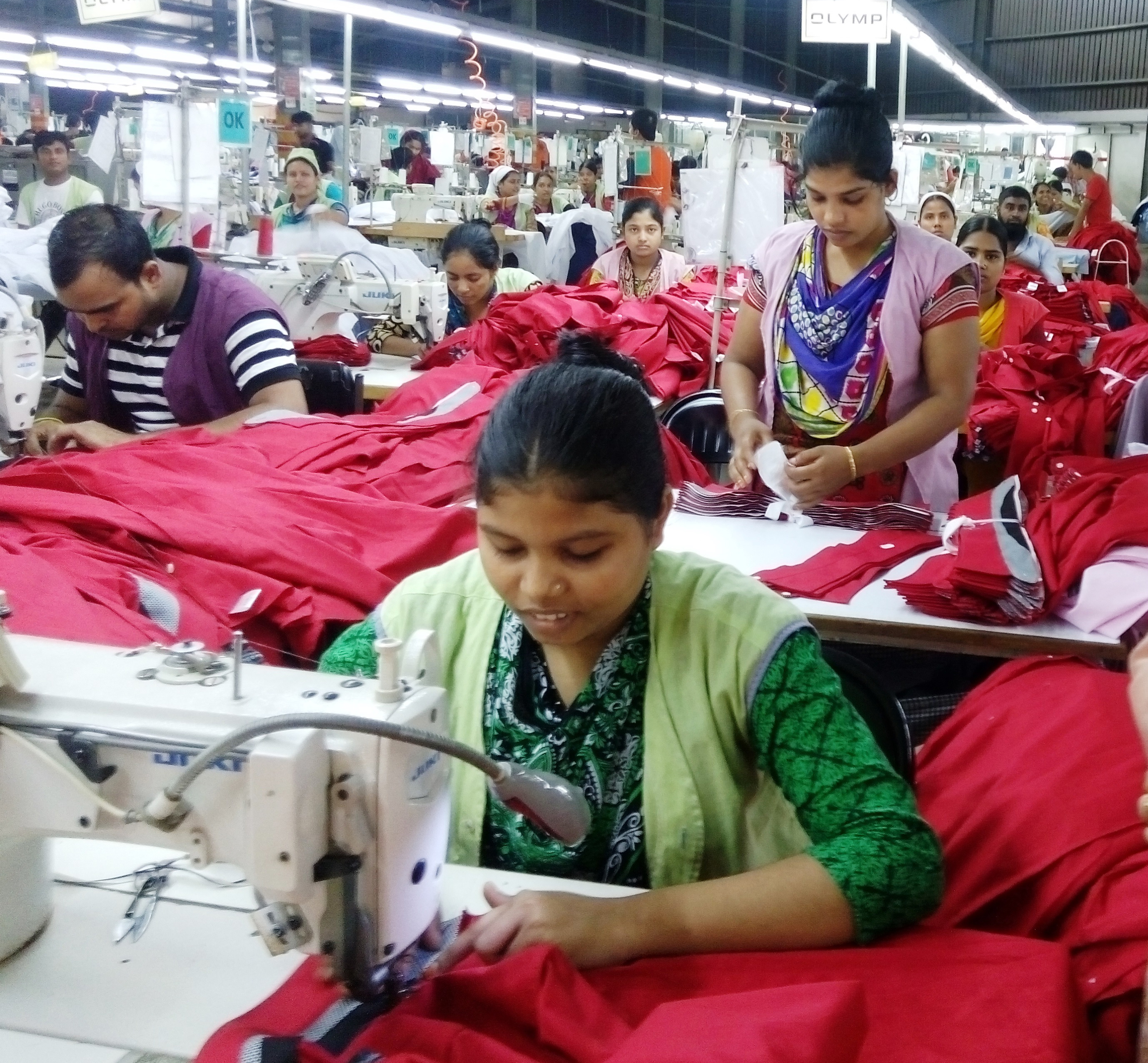
CURRENT PROJECT’S LOCATIONS
The local organizations involved in the implementation of the project’s activities are based and working in several locations around the country, both in the South Western District of Khulna and in Dhaka Greater District. On one side, direct and indirect beneficiaries belonging to marginalized and vulnerable communities are living in rural, sometimes remote, villages, while on the other side majority of female migrants are from other regions of the country, used to work in the garment sector and live in urban slums.
